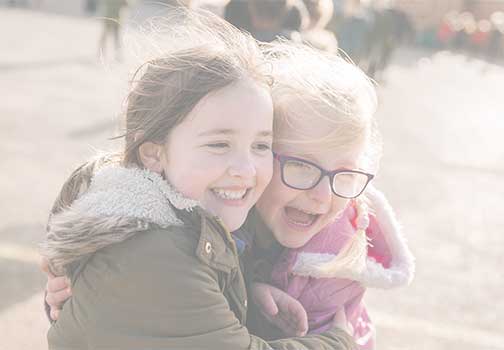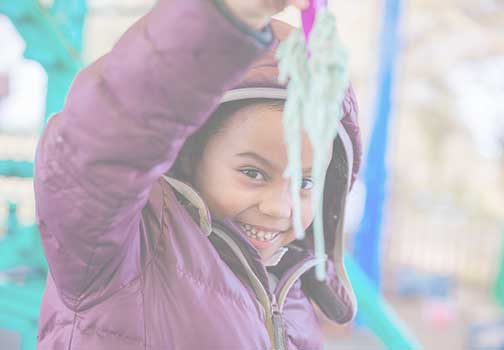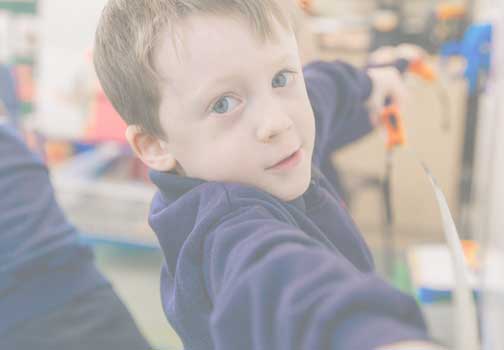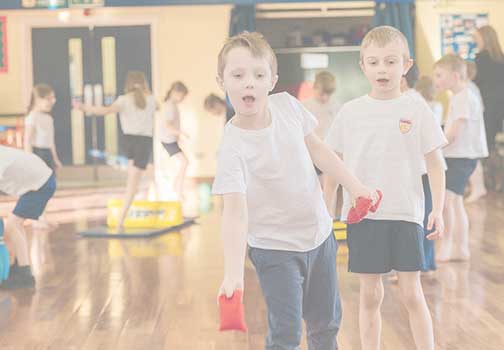Science
Intent
At Capel Primary School our intent in delivering science education is to foster a deep fascination and understanding of the world around us. We aim to provide our pupils with a strong foundation in scientific knowledge, concepts, and skills, enabling them to develop scientific thinking and problem-solving abilities. Our goal is to nurture curiosity in our children and cultivate a lifelong love for science.
Implementation
Curriculum Design
Our science curriculum is designed to ensure progression, coherence, and coverage of the National Curriculum requirements. As a starting point we have used the Kent Scheme for Science. From there, we have sequenced topics and concepts in a logical manner, building on prior knowledge and skills at every stage. Our curriculum incorporates the three main strands of scientific learning: physics, chemistry, and biology, while also aligning with the key process skills outlined in the National Curriculum. We have also planned topics so that other areas of the curriculum are enhanced.
Quality Teaching and Learning
High-quality teaching and learning experiences are at the heart of our science education provision. Our teachers are well-qualified and have a good understanding of the science curriculum. They effectively use a range of teaching methods, including practical experiments, investigations, demonstrations, and discussions, to cater to different learning styles and abilities.
Resources
We provide a range of resources to support the teaching and learning of science to ensure that all children can participate in small groups and take ana active role in lessons. We make use of a wide range of multimedia resources, such as videos, interactive simulations, and online research tools, to enhance students' understanding and engagement with scientific concepts.
Opportunities for Enquiry and Exploration
We place a strong emphasis on developing scientific enquiry skills through hands-on experiences. Our pupils have regular opportunities to engage in practical investigations, where they are encouraged to ask questions, make predictions, plan and carry out experiments, and evaluate their findings. We actively promote the skills of observation, measurement, data collection and analysis, and drawing scientifically valid conclusions.
Use of Real-World Contexts
We connect science to real-world contexts to make the subject more relevant and meaningful to our pupils. We explore local environmental issues and global challenges, encouraging students to consider the impact of science on society, the economy, and the environment. We look for ‘science in the News' so that children can see how what they learn links to what is happening in the world around them.
Collaboration and Cross-Curricular Links
We foster collaboration between teachers to ensure that science is integrated with other subjects wherever appropriate. We identify opportunities to make cross-curricular links, particularly with mathematics, geography, and technology, to demonstrate the interconnectedness of knowledge and skills. This approach enhances pupils' understanding of science and deepens their appreciation of how science contributes to various aspects of life.
Impact
Our pupils show an enthusiasm for science, actively participating in lessons and asking insightful questions. They can confidently articulate their scientific thinking, communicate their ideas effectively, and engage in scientific debate. Pupil voice surveys consistently highlight their enjoyment of science lessons.
In science we use working walls to help children revisit prior learning, showcase work and reinforce concepts of vocabulary.
Models help children understand key concepts
Investigations are a key element in our science lessons.
| Name | |
|---|---|
| Science Progression Map.pdf | Download |








































